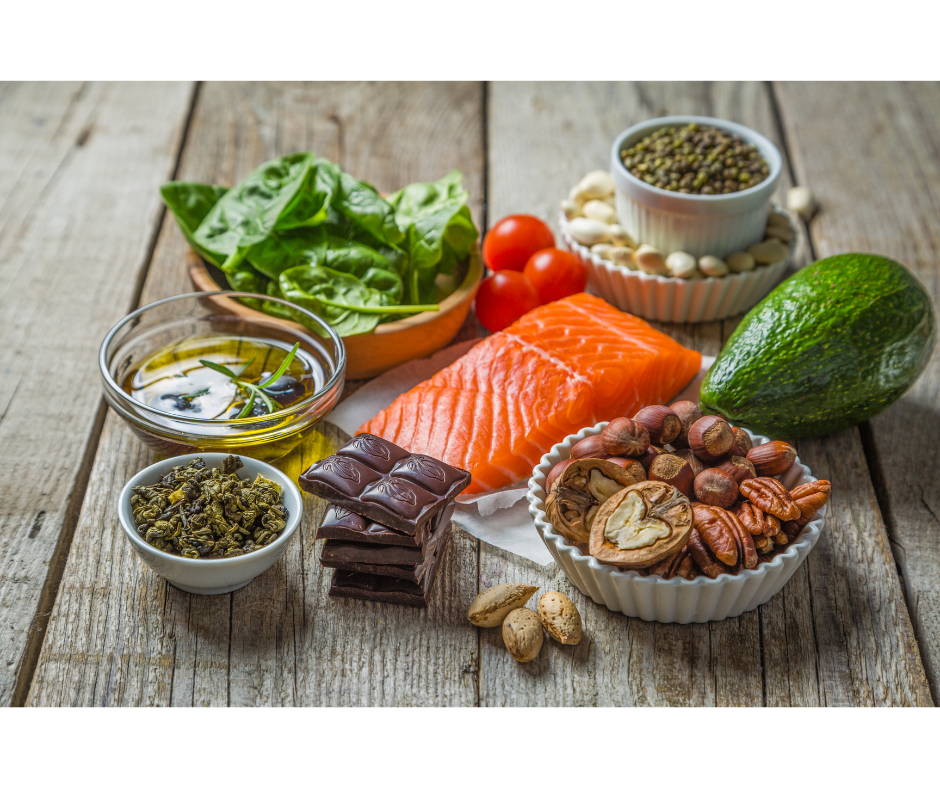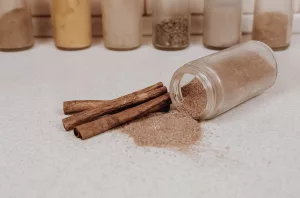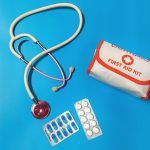Food is one of the most important things that has an impact on the health of our arteries. Although some foods may be more helpful than others, which are the most effective in removing arterial plaque?
Arteries are the largest blood vessels and are responsible for transporting oxygen and nutrients to every organ, tissue, and cell in your body. Keeping these crucial pathways in good working order is, therefore, crucial to your health.

Clogged arteries can arise from a variety of different factors. Typically, multiple contributing factors exist simultaneously, making the likelihood of a person contracting the disease higher. Among the most typical potential danger indicators are:
- Hypertension, or elevated blood pressure.
- Obesity.
- A bad diet.
- Living a sedentary lifestyle.
- Smoking cigarettes.
- Diabetes.
- Hereditary and genetics.
You are more likely to develop atherosclerosis if you have any of these risk factors. A condition characterized by inflammation and the development of plaques (fatty deposits composed of cholesterol and other substances) inside arteries, which obstruct blood flow and increase the risk of cardiovascular disease and stroke.
You don’t want to go through that, right?
So, eat more of the foods listed below. Their effects on the heart have been studied, and they may help naturally unclog arteries by keeping blood sugar levels stable, helping you lose weight, reducing inflammation, and lowering LDL cholesterol.
Foods that have the potential to prevent clogged arteries
1. Leafy greens
Dietary nitrates, found in foods like green leafy vegetables, have been shown to enhance blood vessel function and decrease inflammation. There are a lot of nutrients in leafy greens like lettuce, kale, arugula, Swiss chard, and spinach.
Also, leafy greens contain a high amount of potassium. This mineral helps stop the calcification of blood vessels, which can lead to atherosclerosis.
2. Fatty fish
Some of the healthiest fats you can eat are found in fatty fish like salmon, sardines, anchovies, and mackerel. These omega-3 fats are extremely anti-inflammatory and protect against vascular inflammation and atherosclerosis.
Omega-3s can also stop platelets from sticking together, which lowers the risk of blood clots. They can also lower triglyceride levels and raise HDL cholesterol levels, which helps prevent plaque buildup caused by LDL cholesterol.
3. Flax seeds
All the nutrition you need can be found in just a few of these tiny seeds. They are an excellent source of dietary fiber, heart-healthy fats, vitamins, and minerals like calcium and magnesium.
Flaxseeds are not only a fantastic source of healthy nutrients, but they also have the potential to ward off atherosclerosis. Secoisolariciresinol diglucoside (SDG) is a lignan compound that can be found in flax seeds which has anti-inflammatory and cholesterol-lowering properties that work to combat atherosclerosis.
4. Extra virgin olive oil
The Mediterranean diet is characterized by its abundance of high-fiber vegetables, legumes, and olive oil. Since ancient times, it has been thought to promote healthier hearts. Olive oil contains a lot of healthy nutrients like polyphenol antioxidant compounds and monounsaturated fatty acids (MUFAs).
A diet high in monounsaturated fatty acids (MUFAs) is linked to higher levels of good HDL cholesterol and lower levels of bad LDL cholesterol, while the polyphenols in extra virgin olive oil help reduce inflammation, platelet aggregation, LDL oxidation, and blood pressure.
5. Berries
Blueberries, strawberries, cranberries, raspberries, and blackberries are all types of berries. The polyphenol compounds responsible for the vibrant colors of these fruits also have potent anti-inflammatory and antioxidant effects.
Consuming berries regularly has been linked to better control of LDL cholesterol, blood pressure, and blood sugar, all of which contribute to clear and healthy arteries, in addition to the fiber they provide.
6. Spices
Ginger, pepper, chili, and cinnamon are just some of the spices that may help prevent atherosclerosis. The anti-inflammatory properties of these and other spices may aid in the removal of free radicals, the regulation of blood lipids, and the prevention of platelet aggregation.
Sprinkling some of these adaptable seasonings on your morning oatmeal, lunchtime soup, or dinnertime stew is a simple way to up your spice intake.
7 Tomatoes and tomato-based foods
Tomatoes, especially cooked tomatoes and tomato sauce, are excellent sources of the plant compound lycopene, which is responsible for the red color of tomatoes.
Lycopene has been linked to higher levels of the “good” HDL cholesterol, and eating tomatoes is a great way to increase your levels of lycopene. Moreover, pairing cooked tomato with olive oil may be the best way to prevent clogged arteries.
8. Seeds and nuts
Nuts and seeds are a good source of protein, fiber, and healthy fats. Regular nut consumption has been linked to a lower risk of cardiovascular disease and coronary heart disease, which happens when plaque builds up and blocks blood flow to the heart.
Nuts and seeds are a great way to improve your health by lowering your blood pressure, LDL cholesterol, and possibly even your HDL cholesterol.
9. Cruciferous Vegetables
If you eat more cruciferous vegetables like broccoli, cabbage, and cauliflower, you may be less likely to get clogged arteries. All vegetables, but especially cruciferous vegetables, are linked to carotid artery walls that are thinner and healthier.
Cruciferous vegetables also have fiber, which helps control blood sugar and lowers cholesterol.
10. Beets
Beets have a lot of nitrates, which your body turns into nitric oxide, which is a signaling molecule that helps your body do many important things. Nitric oxide relaxes blood vessels and makes them wider.
Thus, lowers blood pressure and protects artery walls from damage that could make them more likely to narrow and build up plaque. Nitrate-rich foods like beets may help improve the way blood vessels work and reduce inflammation, which may help prevent atherosclerosis.
11. Dark chocolate
Dark chocolate is a rich source of polyphenol compounds, specifically cocoa flavanols. These compounds have been shown to help reduce blood pressure and improve blood flow by boosting production of nitric oxide, as well as reduce inflammation and prevent blood clots from forming.
Choose dark chocolate with 70% cocoa or more and little to no sugar, or use unsweetened cocoa powder in a smoothie. You could also eat it with walnuts to keep your blood sugar stable.
Now, these are just some of the natural ways that you can unclog your arteries, but there are many more. And that includes breaking your bad habits.
Beginning with manageable changes like cutting back on cigarettes, starting an easy exercise routine, or reducing your intake of fried and fatty foods. It is strongly advised that you discuss the changes you want to make in your lifestyle with a medical professional.
Disclaimer: This is for informational purposes only.
Did you find this helpful? Let us know in the comments.
Source: Healthline
You can also visit our Facebook and YouTube pages to know more about plants and their health benefits.
You might also like:









1 thought on “Foods That Will Help Prevent Heart Attack and Unclog Arteries”